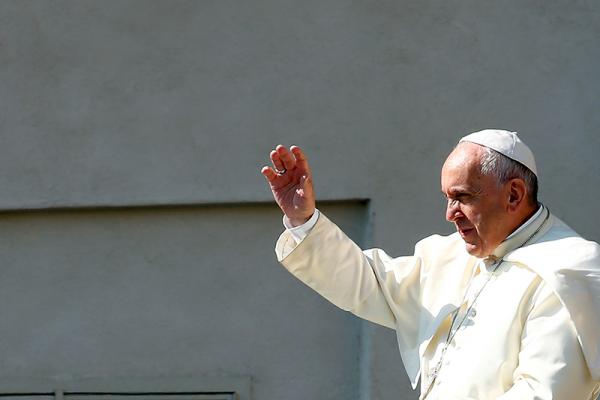

To be admitted to the feast all that is required is the wedding garment of faith which comes from the hearing of his Word (cf. The world still does not know it, but everyone is invited to the supper of the wedding of the Lamb (Re 19:9). And for this reason that same Supper will be made present in the celebration of the Eucharist until he returns again.ĥ. Nonetheless, his infinite desire to re-establish that communion with us that was and remains his original design, will not be satisfied until every man and woman, from every tribe, tongue, people and nation (Re 5:9), shall have eaten his Body and drunk his Blood. This is the absolute newness, the absolute originality, of that Supper, the only truly new thing in history, which renders that Supper unique and for this reason “the Last Supper,” unrepeatable. He knows that he is the Lamb of that Passover meal he knows that he is the Passover. Or better said: all had been drawn there by the burning desire that Jesus had to eat that Passover with them. No one had earned a place at that Supper. Nonetheless, through the mercy of the Lord, the gift is entrusted to the Apostles so that it might be carried to every man and woman.Ĥ. In this case, the disproportion between the immensity of the gift and the smallness of the one who receives it is infinite, and it cannot fail to surprise us. Necessary because every gift, to be gift, must have someone disposed to receive it. Peter and the others are present at that table, unaware and yet necessary. Peter and John were sent to make preparations to eat that Passover, but in actual fact, all of creation, all of history - which at last was on the verge of revealing itself as the history of salvation - was a huge preparation for that Supper. “I have earnestly desired to eat this Passover with you before I suffer.” (Lk 22:15) These words of Jesus, with which the account of the Last Supper opens, are the crevice through which we are given the surprising possibility of intuiting the depth of the love of the persons of the Most Holy Trinity for us.ģ. The Liturgy: the “today” of salvation historyĢ. I simply desire to offer some prompts or cues for reflections that can aid in the contemplation of the beauty and truth of Christian celebration. Even so, with this letter I do not intend to treat the question in an exhaustive way. The theme is vast and always deserves an attentive consideration in every one of its aspects.


With this letter I desire to reach you all – after having written already only to the bishops after the publication of the Motu Proprio Traditionis custodes – and I write to share with you some reflections on the liturgy, a dimension fundamental for the life of the Church.


 0 kommentar(er)
0 kommentar(er)
